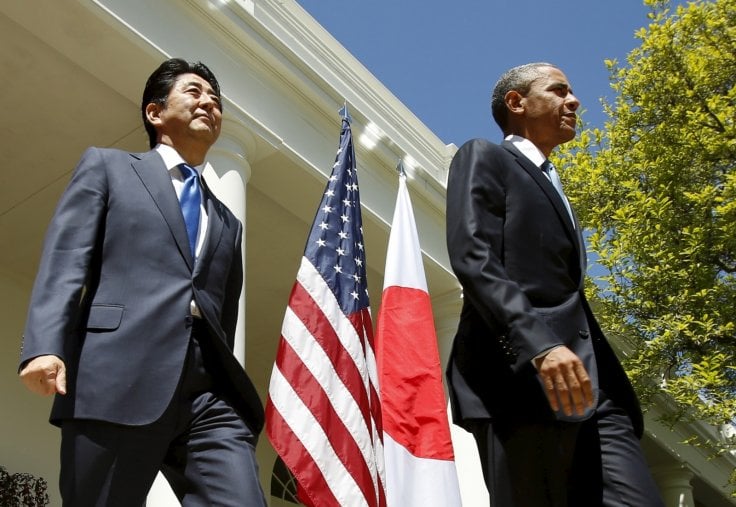
Tokyo's Cabinet spokesperson Yoshihide Suga said Biden had apologised to the Japanese prime minister in a telephone call for "causing troubles", without confirming the spying claims.
WikiLeaks said Friday it had intercepts revealing years-long spying by the US National Security Agency (NSA) on Japanese officials and major companies.
"Prime Minister Abe told (Biden) that, if figures in Japan were in fact subject to these activities, it would risk jeopardising the trusting relations between allies and he would have to express serious concern," Suga told a regular press briefing.
Abe "also requested that the case be investigated and (Washington) supply an explanation".
On Monday, Suga called the claims "deeply regrettable", but Tokyo's response was widely seen as muted compared to the anger expressed in France and Germany following similar NSA spying allegations.
Japan is one of Washington's key allies in the Asia-Pacific region and they regularly consult on defence, economic and trade issues.
Read: US spy agency broke encryption on UN communications
Takehiko Yamamoto, professor emeritus at Japan's Waseda University, said the muted response from Abe reflected the tricky position he is in, trying to push through legislation that would expand the role of Japan's military.
While the move has been applauded by Washington, it has proven deeply unpopular at home.
"Abe now has a particularly sensitive issue with Washington, which is the security bills," he said.
Following the Abe-Biden call, the White House issued a statement highlighting the countries' strong ties.
"In the call, the Vice President underscored our strong commitment to the US-Japan alliance and thanked Prime Minister Abe for his enduring partnership," it said.
"The Vice President reaffirmed the United States' commitment made by President Obama in a 2014 presidential directive to focus our intelligence collection on national security interests."
Read: Merkel spied on for 10 years, Obama knew but let it go
Unlike German chancellor Angela Merkel and French president Francois Hollande, Abe did not appear to be a direct target of wiretapping -- but other senior politicians were, according to WikiLeaks, including Trade Minister Yoichi Miyazawa.
Bank of Japan governor Haruhiko Kuroda was also in the sights of US intelligence, WikiLeaks said.
The allegations came just as delegates negotiating a vast free-trade agreement known as the Trans-Pacific Partnership failed to reach a final deal after several days of intense talks in Hawaii.
The US and Japan are the two biggest economies in the 12-nation negotiations, but they have sparred over key issues including auto sector access and opening up Japan's protected agricultural markets.
WikiLeaks said the US intercepts showed "intimate knowledge of internal Japanese deliberations" on trade issues, nuclear policy, and Tokyo's diplomatic relations with Washington.
"The reports demonstrate the depth of US surveillance of the Japanese government, indicating that intelligence was gathered and processed from numerous Japanese government ministries and offices," it said.











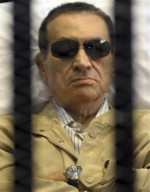
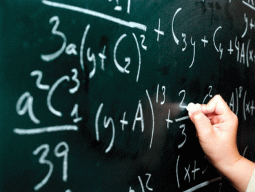


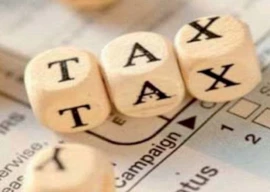
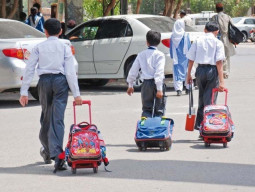

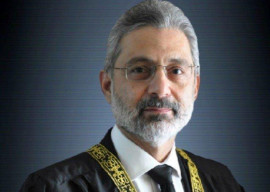






















COMMENTS
Comments are moderated and generally will be posted if they are on-topic and not abusive.
For more information, please see our Comments FAQ